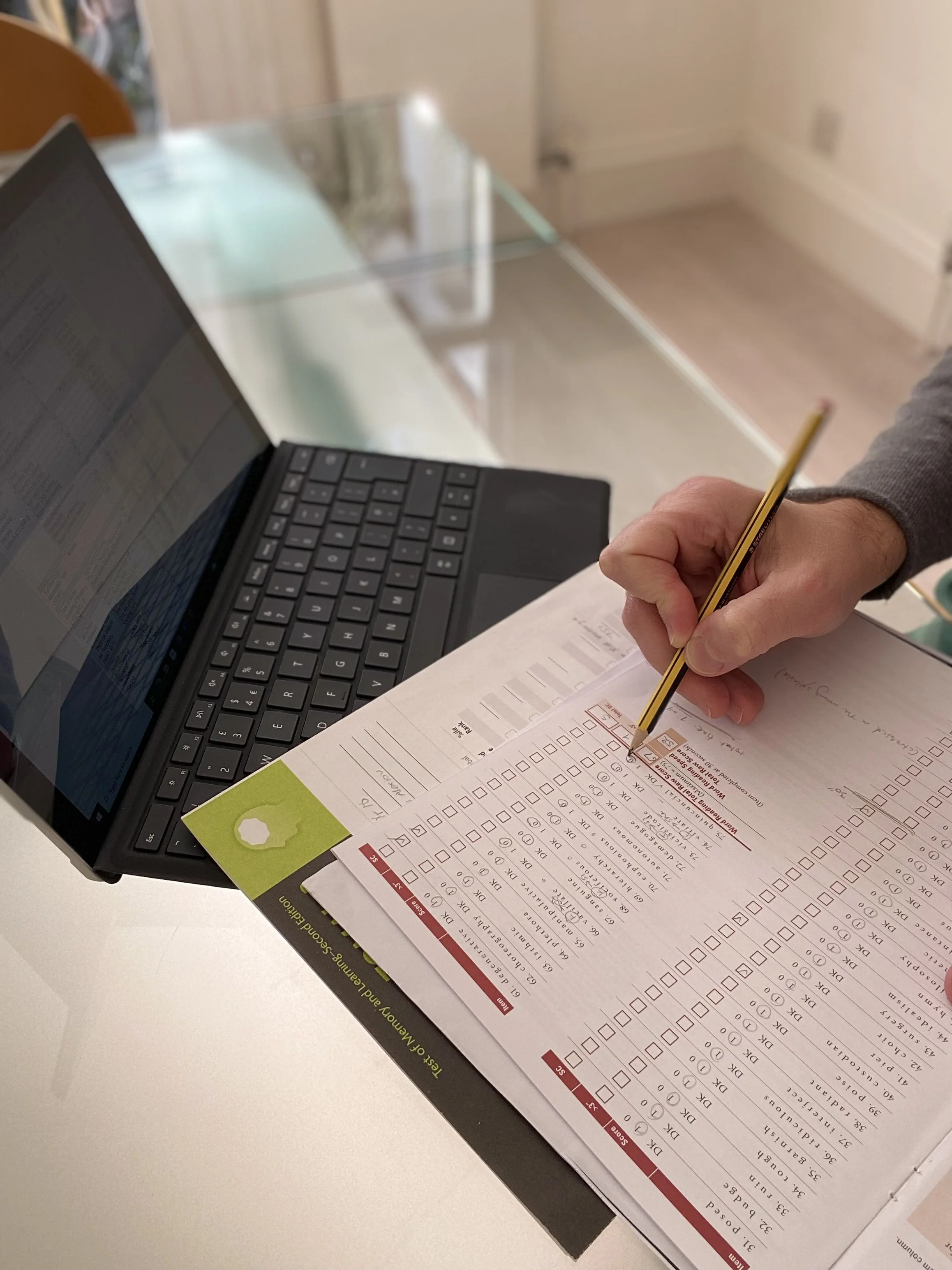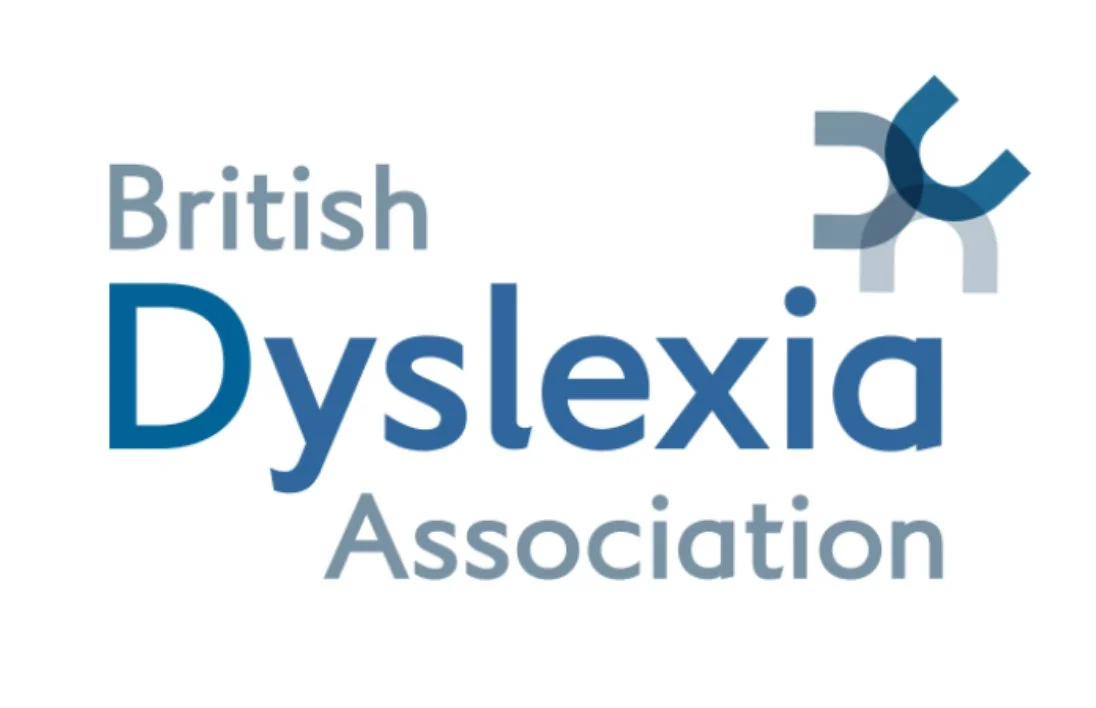
Empowering children for a brighter future
Empowering children with specific learning differences is a vital endeavour that can transform their lives. By providing tailored support and strategies, we enable these children to thrive academically and beyond:
Enhanced self-esteem: Children with learning differences often struggle with self-esteem. Empowerment helps them build confidence as they achieve academic and personal goals
Improved academic performance: Tailored interventions and support will enable these children to overcome challenges and perform better in school
Increased independence: Empowering children with learning differences equips them with essential skills to become more self-reliant, enhancing their ability to succeed in various aspects of life
Better emotional well-being: As they gain confidence and academic success, children experience reduced stress and anxiety, leading to improved emotional well-being.
Long-term success: Empowered children are better prepared for future challenges and are more likely to pursue higher education and successful careers
Neurodiversity: Empowering these children fosters a more inclusive society, promoting acceptance and understanding of differences
Diagnostic Assessments
A comprehensive assessment to determine whether an individual has dyslexia. It involves a series of tests and observations to assess various aspects of reading, writing, and language skills, as well as ruling out other possible causes for learning difficulties. The assessments aim to provide a detailed profile of the individual’s strengths and weaknesses in these areas, ultimately leading to a formal diagnosis of dyslexia.
Access Arrangements
The Joint Council for Qualifications (JCQ) defines Access Arrangements as special provisions or accommodations made for pupils / students with disabilities or specific needs to ensure they have equal access to educational assessments, particularly during examinations. These arrangements can include extra time, the use of a computer, a scribe, a reader, or other reasonable adjustments tailored to an individual's needs.
Disabled Student’s Allowance
The DSA is a government-funded program designed to provide financial support and assistance to disabled students pursuing higher education. Established to ensure equal access and opportunities for education, DSA offers tailored support based on an individual student's needs and requirements. It plays a critical role in promoting inclusivity and ensuring that disabled students have the necessary tools and support to succeed in higher education in the UK.
“The British Dyslexia Association has adopted the Rose definition of dyslexia:”
Definition of Dyslexia Rose Report 2009
“Dyslexia isn’t a stumbling block; it’s a brushstroke of uniqueness. In the canvas of challenges, we paint a picture of resilience and creativity, turning every hurdle into a masterpiece of strength and potential”



